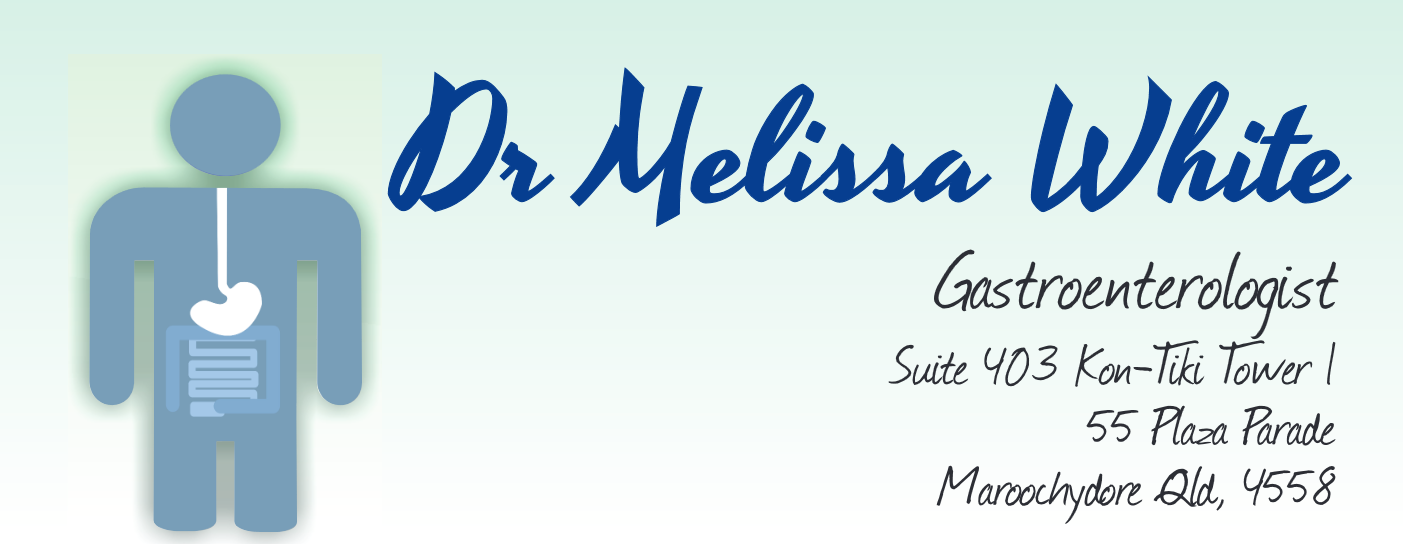Constipation
A normal pattern of bowel movement can vary considerably from person to person. Most people will empty their bowel between three times daily and three times per week. Everyone has their own regular bowel habit, depending on your diet, fluid intake and how much and when you exercise.
Constipation is a common problem, resulting in less frequent bowel actions. In most cases, the stool is hard and dry and small amounts may be passed with difficulty. You may experience cramps, swelling, pain with straining and a feeling of incomplete emptying of the bowel.
There are a number of factors which cause or contribute to constipation, including:
Not eating enough fibre (e.g. cereals, breads, fresh fruit and vegetables)
Not drinking enough fluid
Not getting enough exercise
Long term laxative abuse
Some medications (check with your doctor)
Debility or frailty
Resist the urge to defecate
Pregnancy or recently had a baby
Anxiety, depression or grief (stressed and feeling low)
Disorders of the bowel which may require further investigation
Chronic illness e.g. underactive thyroid, Parkinson’s Disease, Multiple Sclerosis
Constipation may cause faeces to pack the intestine and rectum so tightly that the normal pushing action fails and the colon is not strong enough to expel the stool. This is called faecal impaction. Accidental loss of faeces, known as faecal incontinence, can occur in those with constipation when the bowel becomes too full. Haemorrhoids can be caused by straining to have a bowel movement. Anal fissures (tears in the skin around the anus) are caused when a hard stool stretches the sphincter muscle. In extreme cases, straining can cause a small amount of intestinal lining to push out from the anal opening, causing a rectal prolapse.
Weakening of the pelvic floor muscles is due to chronic straining when emptying the bowels. A full bowel pressing on the bladder can obstruct the outflow of urine, or affect the capacity of the bladder, making you feel that you need to go to the toilet more frequently than normal.
In order to prevent constipation, you may like to try simple changes to your lifestyle. Drink at least 6 to 8 glasses of fluid per day (approximately 1.5L), unless otherwise advised by your doctor. People with bladder control problems often do not drink very much fluid for fear of becoming wet, which often results in them becoming constipated or worsening the problem.
Try adding more fibre to your diet. Fibre comes from the non-digestible part of fruit and vegetables. You need approximately 30grams of fibre per day. Natural foods rich in fibre include:
All vegetables
All fruit including dried fruit
Whole grain and whole meal cereals
Legumes e.g. baked beans, kidney and soya beans
If you can only tolerate soft foods try banana’s, rolled oats, fruit juices (with pulp), pureed vegetables and stewed or canned fruit.
Daily exercise like walking encourages the movement of faeces through the bowel and promotes regular bowel habits.
If you become constipated, increase the fluid and fibre in your diet. You should also review with your doctor any medications you are using. Consult with your doctor or continence adviser if you need further assistance. If these measures do not bring success, only then consider the use of appropriate medications. There are different types of laxatives and you should consult your doctor regarding which one suits your needs best. Different laxatives include:
Bulking agents – these increase the bulk of the stool. An adequate fluid intake is essential with these laxatives
Lubricant laxatives – these soften the faeces
Stimulant/Irritant laxatives – these promote bowel movements by irritating/stimulating the bowel wall
Epsom Salts – not absorbed and very safe in small prescribed doses
If your constipation persists, take a night time does of a stimulant laxative, followed the next morning by a suppository or enema. In extreme cases repeated enemas may be required. If you continue to have problems with constipation or diarrhoea, or are experiencing a change from your usual bowel pattern, with or without pain or blood, please see your doctor. Constipation can sometimes be a symptom of a more serious condition. Weight loss, vomiting, headaches and generally feeling tired and unwell are symptoms of what could possibly be an underlying condition
